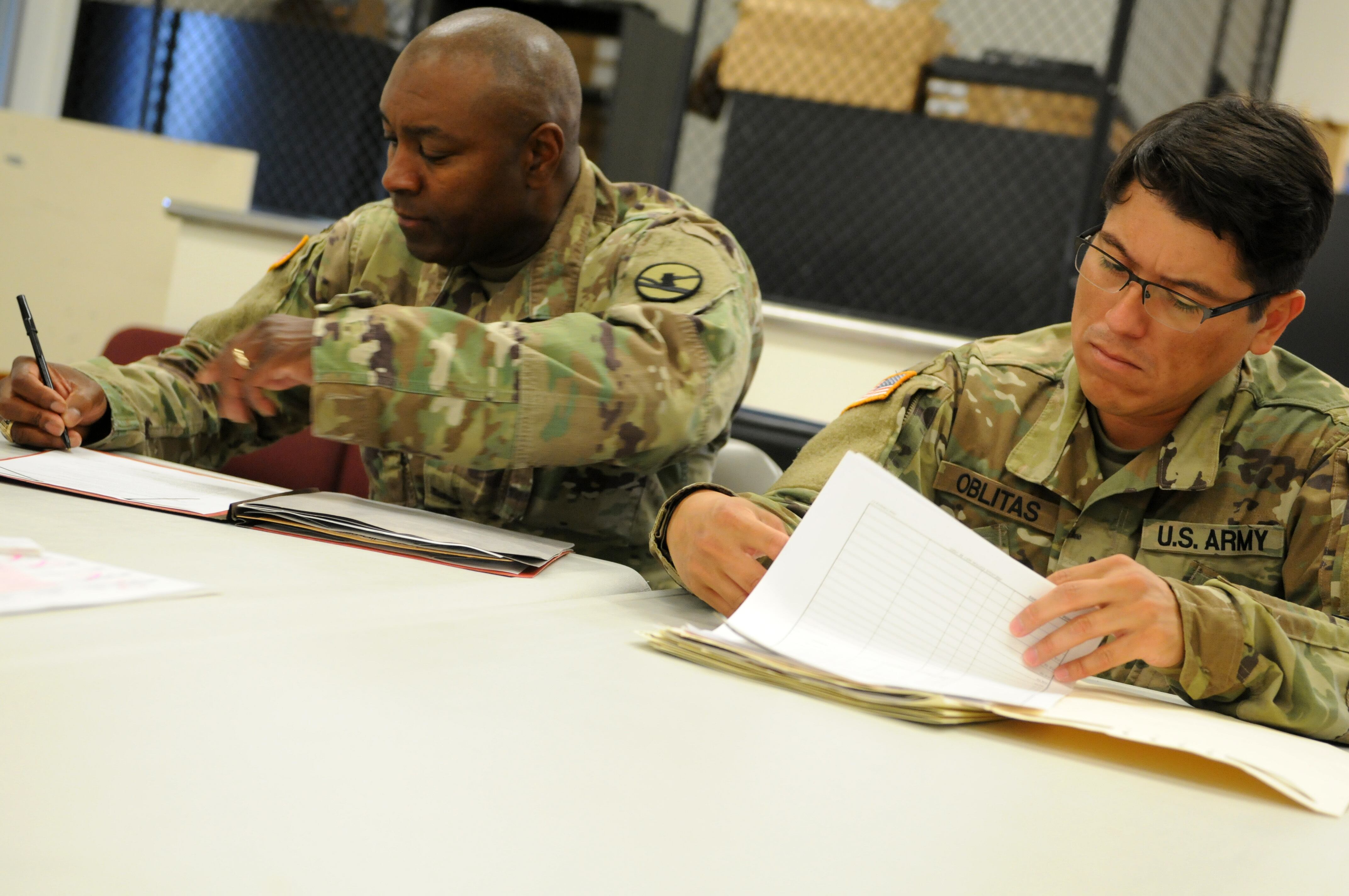When the Army rolled out its new human resources platform in December, its creators promised greater transparency and a reduced administrative burden for individual soldiers.
Despite glitches due to data issues, the Integrated Personnel and Pay System-Army (or IPPS-A) has upheld its core promise: soldiers can make and track their own personnel requests once they learn how to use the system. That includes leave, which once required paper forms and complicated tracking processes.
Army Times spoke with soldiers about local leave policies and reviewed internal discussions to assess whether service members are enjoying their entitled time off without red tape.
For many units, requesting leave is now a breeze.
Dozens of commenters on an Army-focused Reddit community said that their units required nothing more than an IPPS-A “absence request,” which has replaced the venerable DA 31 leave form. Many said their leave requests are approved faster than ever, with little administrative hassle.
Some units, including the 25th Infantry Division, even have policies in place barring subordinate units from blocking soldiers’ leave over readiness or training metrics, according to a policy letter reviewed by Army Times. The only document required division-wide to take leave is a leave and earnings statement to verify that the soldier has accumulated the necessary days or understands the consequences of going negative on their leave balance.
One soldier said his unit used customization features available in IPPS-A to create a streamlined form for soldiers to request their block leave by simply entering their unit identifier code and where they intended to go.
But for other formations, old habits die hard. Voluminous paperwork requirements — and in some cases, old-school paper packets that require approval before the absence request is submitted — undercut the new HR platform’s promise, and increased access has led to an increase in administrative inconvenience under some commands.
For decades, a debate has raged over whether units should hold soldiers’ time off hostage as a way to force the requestor’s compliance with individual requirements. Those tasks can range from medical readiness to physical fitness tests or even mandatory online training like the infamous Cyber Awareness Challenge or Anti-Terrorism Level 1 course.
Other soldiers who spoke with Army Times, who all requested anonymity to speak candidly about their leadership, reported their units denied their leave even in cases where the Army considered them “green” on mandatory administrative and training requirements.
They argued that the practice undercuts the new HR platform’s promise.
One junior soldier stationed in South Korea said his unit denies leave for soldiers who haven’t completed body composition or a fitness test in the past six months, despite regulations only requiring them annually. His battalion commander codified the requirement in a policy letter, which Army Times reviewed.
A junior infantryman at Fort Cavazos, Texas, told Army Times that his company threatened to revoke his leave if he did not take a fitness test during the first day of his previously approved leave. That occurred because his departing flight — for which his unit required him to submit an itinerary — was scheduled for the early afternoon rather than the morning.
The clock is ticking for many soldiers, too. The COVID-19 pandemic impacted personal travel for troops across the country and special authorities allowed them to carry more leave days than typically authorized. But those authorities are slowly phasing out, and troops are at risk of losing more “unused” leave than typically possible when the fiscal year ends Sept. 30.
Soldiers also described administrative requirements from a bygone era, such as units that still require TRiPS — Travel Risk Planning System — risk assessments from those who want to take leave.
In a 2018 Army directive signed by both Gen. Mark Milley and then-Army Secretary Mark Esper, TRiPS tickets were singled out as an example of meaningless administrative requirements burdening units across the force.
“Commanders at echelon will review their administrative processes and reduce the burden on units and soldiers,” the directive read. “For example, [Headquarters, Department of the Army] does not require the use of the Travel Risk Planning System (TRiPS) as a mandatory document for soldiers to take leave.”
The leaders said requiring the tickets as a “general rule” was the “type of burdensome requirement that unnecessarily weights down our Army from focusing on its core mission.”
IPPS-A is not designed to include such roadblocks. But a unit’s human resources professionals can design their own specific approval chains for a given type of HR transaction. That means they can add layers of bureaucracy to the leave request process at their commander’s discretion.
Some staffers and subordinate leaders are taking to internal human resources message boards to ask for help becoming part of their unit’s approval chains. A source shared the messages with Army Times.
An operations sergeant asked for assistance adding himself as an intermediate approver so he could “check [service members’]...readiness” in the Defense Training Management System, which tracks compliance with mandatory training requirements like weapons qualification and online classes.
Others in the thread shared tips on how their unit successfully added layers of bureaucracy to leave requests, and cautioned that junior leaders may accidentally approve the request if they click the wrong button.
Although rare, the practice of restricting even parental leave is widespread enough that Army Secretary Christine Wormuth has considered issuing a memorandum reminding units that they cannot deny newly-expanded leave benefits from new parents. Military.com first reported the draft memo.
Thus far the service’s senior leaders have remained silent on the units still hanging on to antiquated packet processes for annual leave in spite of the capabilities added by IPPS-A.
Davis Winkie covers the Army for Military Times. He studied history at Vanderbilt and UNC-Chapel Hill, and served five years in the Army Guard. His investigations earned the Society of Professional Journalists' 2023 Sunshine Award and consecutive Military Reporters and Editors honors, among others. Davis was also a 2022 Livingston Awards finalist.





